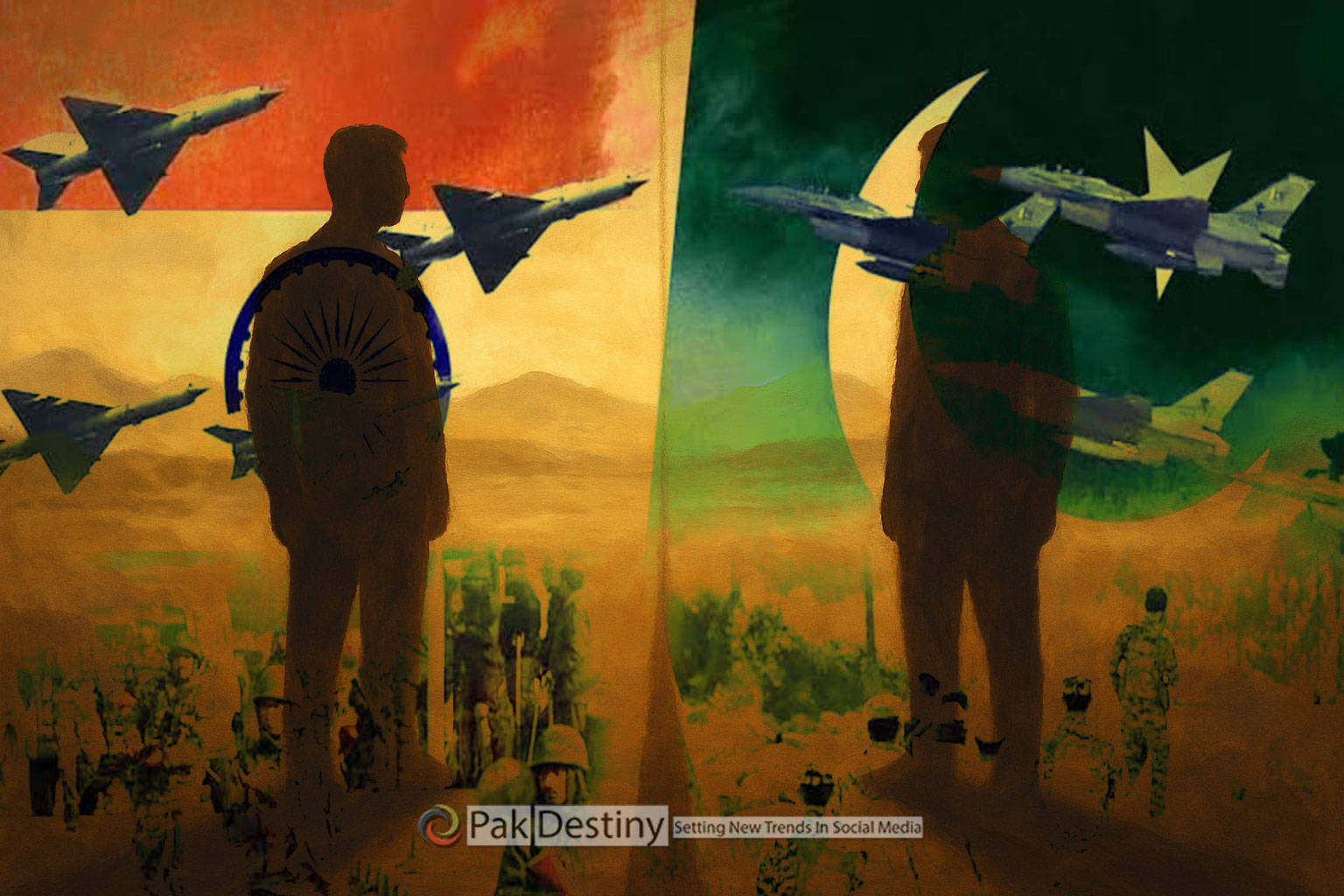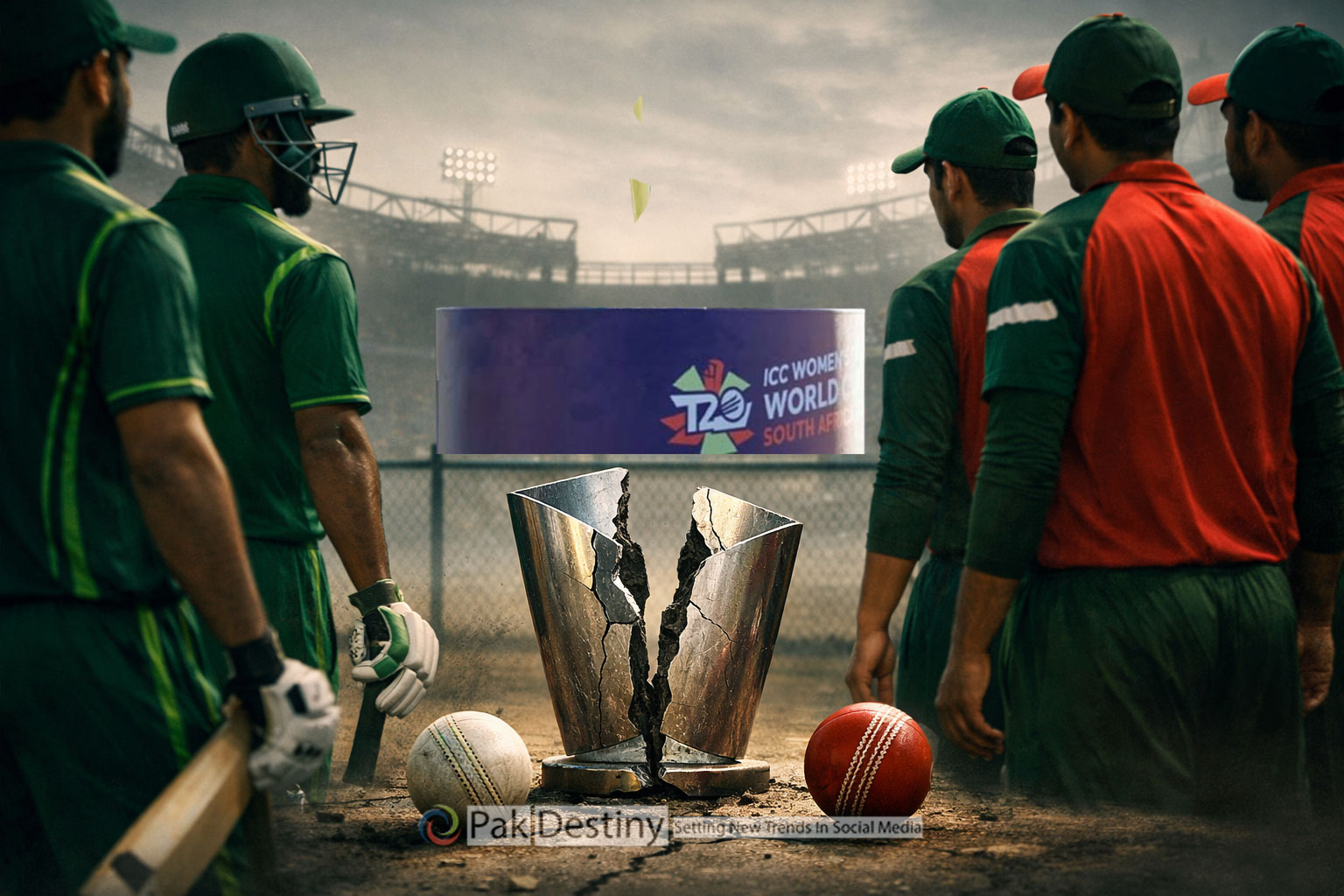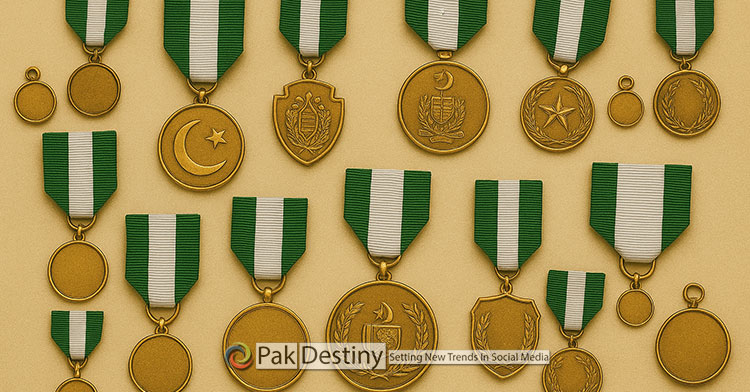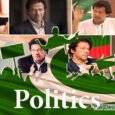
By Fayyaz Butt
The DNA of Indian and Pakistani armies, inherited from the British Raj. The common DNA can invoke the commonality of behavior.
Let’s have a scenario where a wrestler’s owner compels the wrestler to compete in a match.
The wrestler knows he will lose. Confident in his own strength and judging the situation to be futile, the wrestler initially refuses. This disobedience worsens into a direct confrontation with the owner. This is a powerful metaphor that effectively illustrates a critical shift in loyalty and the dynamics of power. This is a clash between formal authority (the owner) and physical power/personal judgment (the wrestler). The owner has the right to command, but the wrestler possesses the actual force.
The wrestler refusal is based on self-preservation and a different assessment of the situation. This act of “pushing and snubbing” the owner is more than simple disobedience. The question arises that it is like a symbolic coup.
In Pakistan, an early death of its founding leader given a chance to this military DNA to do as the army was doing in British Raj. A weak civilian infrastructure created a power vacuum, allowing the army’s institutional strength to become the country’s dominant force.
The “gene” for political control was activated, leading to a tradition where the military “co-opts” public officials, directly shaping governance and national policy.
Referring the above said example, a critical question is whether the same latent potential exists within the Indian Army. The shared DNA certainly provides the foundational tools.
The institutional discipline and command structure to execute such a move. Theoretically, the blueprint is there. However, in India, this gene has been suppressed by a robust immune system of democratic institutions. India’s founders established unwavering civilian control from the outset, nurtured by a strong Constitution, a vibrant multiparty democracy, a free press, and an independent judiciary.
But icing on the cake a clear disobedience can be observed as Political leadership do want a war but Indian Army don’t.






